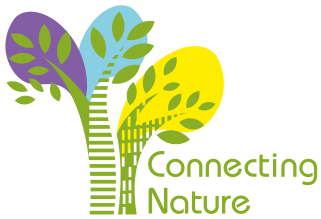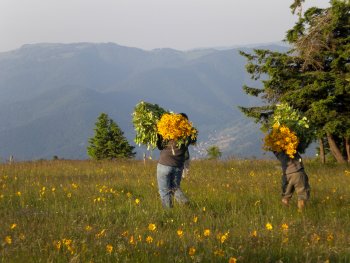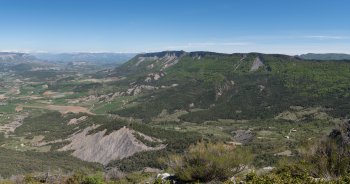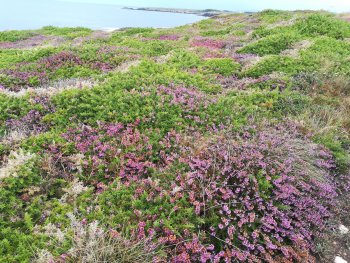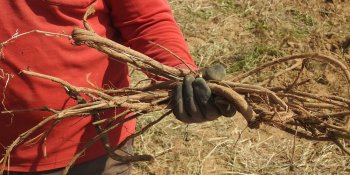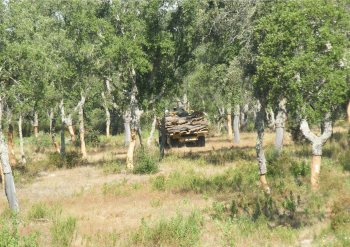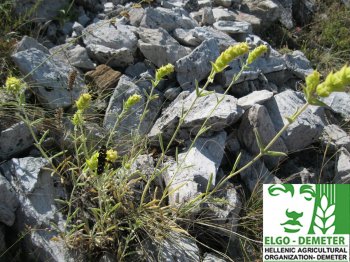The AFC : Structuring harvesting professionals to promote sustainable and respectful management
Submitted by Raphael Bec on 14 October 2019AFC is the French Association of professionals wild plants pickers. It was created in 2011 to bring together professionals of wild plants picking and to promote this profession.
It defends sustainable commercial harvesting and a responsible profession.
It wishes to ensure the representativeness of the pickers with other operators in the sectors and the public authorities.
